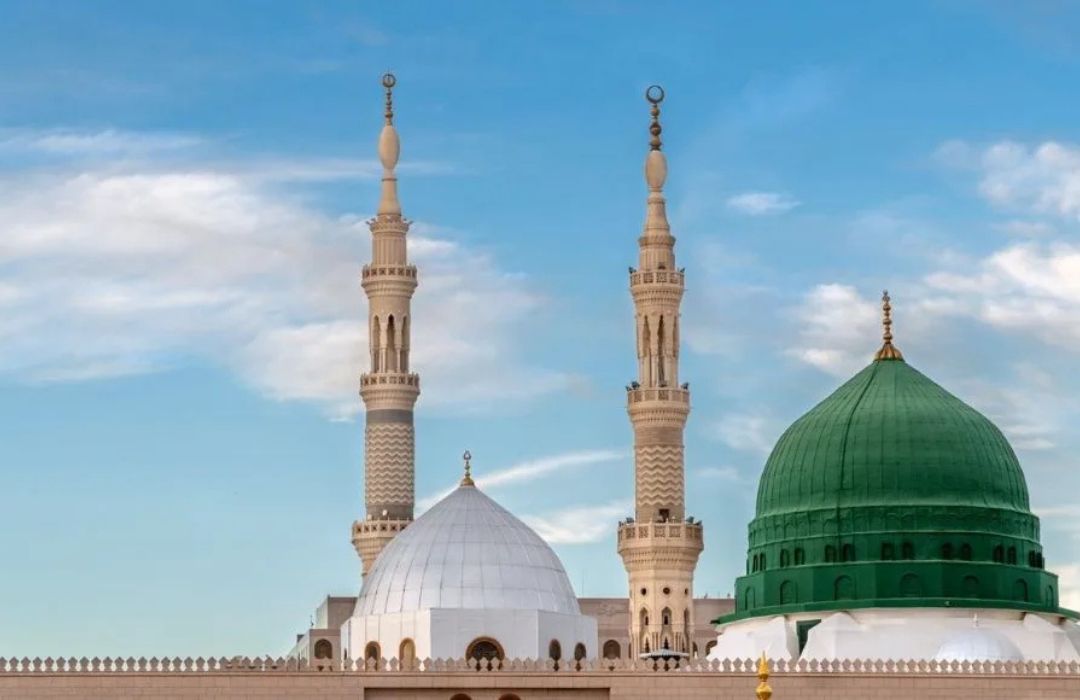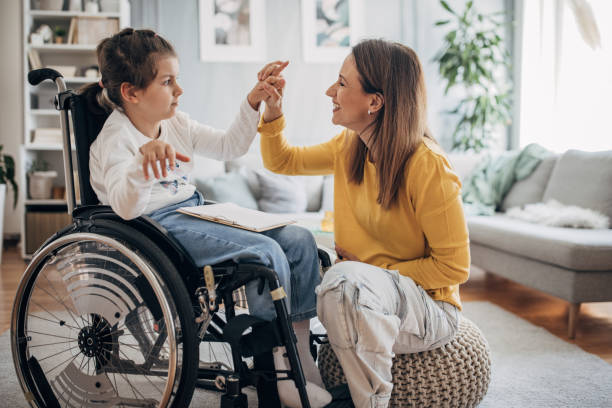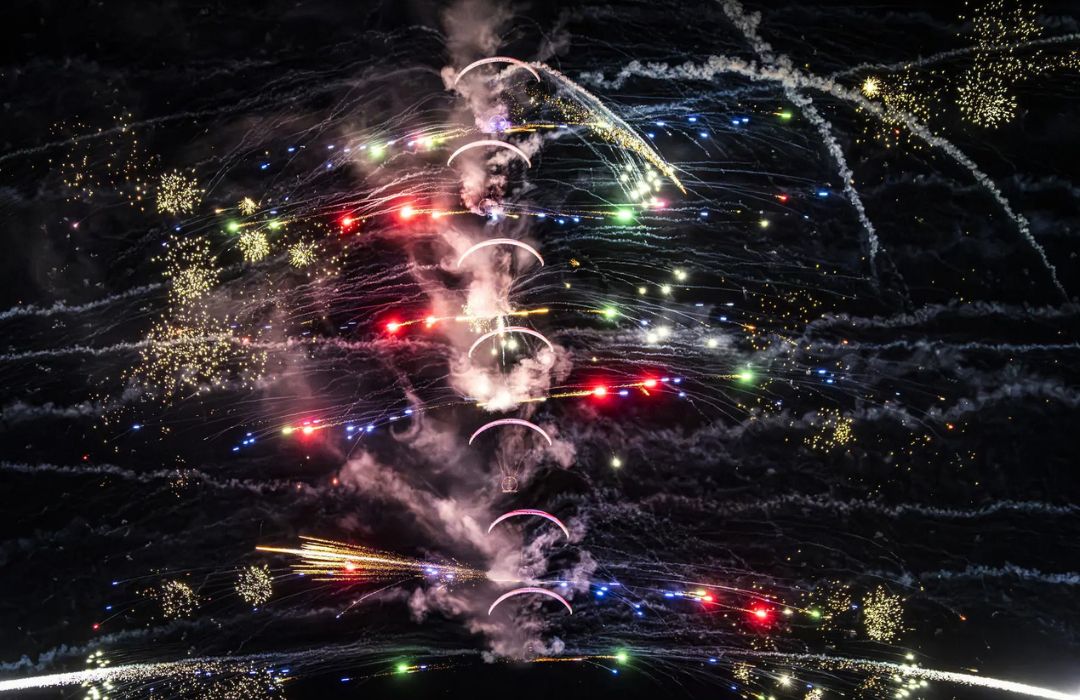










Shanavas T Bava
Eid-ul-Fitr, marking the end of Ramadan, is a day of celebration, gratitude, and deep reflection. After a month of fasting, prayers, and discipline, the first morning of Shawwal begins differently—waking up a little later than usual, greeted by familiar yet cherished scents.
For many, it is the aroma of Ari
Pathiri and spiced meat curry wafting from the kitchen. For others, it is the
lingering fragrance of attar and soap, a reminder of fathers returning from Eid
prayers. These scents, deeply woven into childhood memories, serve as an
emotional gateway to the past.
However, the wake-up call of Eid has
changed over the years. Gone are the days when the perfume of Jannathul Firdaus
attar, brought home by Gulf-returned fathers, signaled the start of the celebrations.
Instead, it is often the sharp whistle of a pressure cooker that announces the
festival in today’s homes.
Eid, beyond its festivities, also
brings a quiet reflection on absence and longing. It is during these
celebrations that childhood memories resurface most vividly, reminding us of
the voids left behind.
For many, the realization of poverty
and deprivation was most strongly felt on Eid nights. The absence of sisters
applying Mehendi, the missing fragrance of jasmine flowers, or the sight of new
clothes in other homes—small yet significant elements that defined the
celebration—often made their absence more pronounced.
The essence of Eid also changed with the loss of "Nallumma" (grandmother). Her prayers, her unwavering faith, and her comforting words remain an irreplaceable part of past Eids. “If fasting is too difficult, just stay home, my child. May Allah never be upset with you,” she would say. In her presence, wealth was never about material possessions—it was about being loved unconditionally.
Today, as families gather to celebrate, the joy of togetherness is intertwined with thoughts of those who are no longer here. Eid is not just about the feast and festivity, but also about remembering those who have been left behind.
This year, thoughts also turn to Gaza’s children, to those who have lost their homes, parents, and the simple joys of childhood. In a world marred by violence and conflict, may there come a time when every child experiences Eid in its purest form—a day of peace, love, and belonging.
As we celebrate, let this Eid be a reminder of gratitude and empathy. May joy find its way into every home, and may peace be a permanent guest in every heart.


